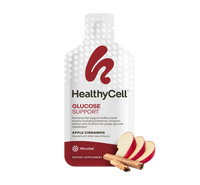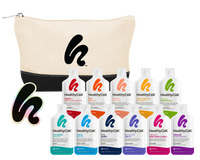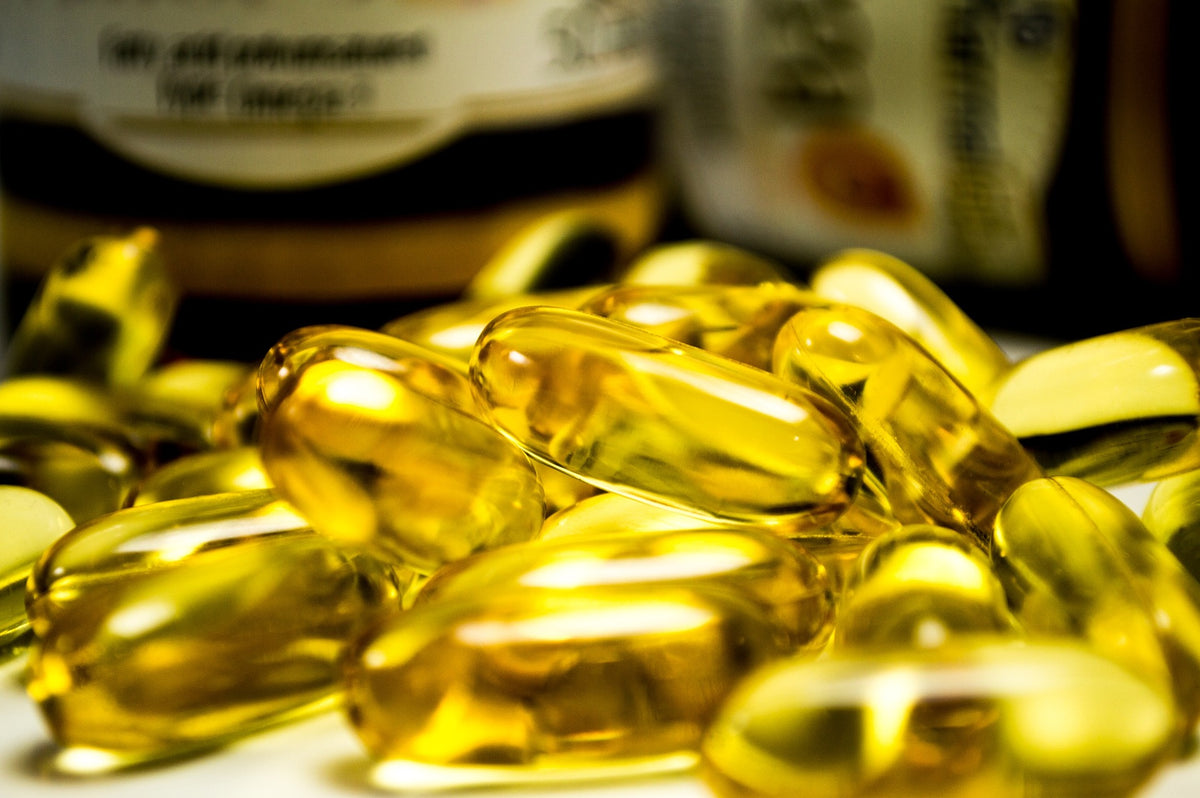It's common knowledge that heart disease is the leading cause of death in the United States. Factors contributing to heart disease include high blood pressure, high cholesterol, and high triglyceride levels. These conditions can cause life-threatening consequences, so managing them effectively is important.
By engaging in moderate-intensity exercise for at least 150 minutes per week and consuming a healthy diet high in fruits, vegetables, whole grains, lean protein, and healthy fats like those found in nuts, seeds, and fish, you can maintain healthy triglyceride, cholesterol, and blood pressure levels. Consuming a heart-healthy dietary supplement can also be beneficial for maintaining healthy triglyceride, cholesterol, and blood pressure levels.
Heart-Healthy Ingredients You Should Look For
With all the supplements on the market, how do you know which ones are best for lowering cholesterol and triglyceride levels? Below, we'll discuss some heart-healthy compounds you should look for in your supplement(s).
Omega-3 fatty acids: The good kind of fat. Omega-3 fatty acids have several health benefits, including reducing inflammation, improving heart health, and supporting brain function. These unique fatty acids reduce triglyceride levels, lower blood pressure, and support healthy cholesterol levels. Omega-3 fatty acids are found in fish, krill, and flaxseed. Eating non-fried fish, such as salmon, at least twice a week is a great way to ensure you consume enough omega-3 fatty acids. However, an omega-3 supplement is also a good idea, especially if you rarely consume fish. You can find an abundance of fish oil and krill oil supplements on the market, but if you can't stomach the fishy aftertaste of these supplements, you should consider a plant-based source such as flaxseed oil or Ahiflower®. Flaxseed oil and Ahiflower® contain alpha-linolenic acid (ALA) and stearidonic acid (SDA), which belong to the omega-3 family of fatty acids. ALA is an essential fatty acid because the body cannot produce it on its own. Once in the body, ALA and SDA convert into other omega-3 fatty acids. Two of these fatty acids, eicosapentaenoic acid (EPA) and docosahexaenoic acid (DHA), can reduce cholesterol and triglyceride levels. If you prefer a plant-based source of omega-3, Healthycell's Heart and Vascular Health supplement contains Ahiflower®.
Soluble Fiber: Found in oats, fruits, beans, and vegetables, soluble fiber can help lower triglyceride and cholesterol levels. Soluble fiber binds to cholesterol in the digestive tract and prevents it from being absorbed into the bloodstream. This can help reduce levels of low-density lipoprotein (LDL) levels in the body, also known as "bad" cholesterol, while mildly impacting levels of high-density lipoprotein (HDL), known as the "good" cholesterol. In addition, consuming a diet high in soluble fiber can help regulate blood sugar, reduce inflammation, and prevent weight gain by slowing digestion. As a prebiotic, soluble fiber can also help support a healthy microbiome by feeding the beneficial bacteria (probiotics) in the gut.
Psyllium is a popular type of soluble fiber used most often for healthy digestion, and you can find it in the form of a powder, capsules, or chewable tablets. However, other popular forms include inulin, oat beta-glucan, and pectin.
You should aim to get most of your soluble fiber from foods like fruits, vegetables, and whole grains, but adding a fiber supplement could help if your cholesterol is high despite following a balanced diet. You should also read How Long It Takes To Lower Cholesterol for tips on the most effective strategies for lowering cholesterol.
Coenzyme Q10 (CoQ10): This potent compound is essential for cellular energy production and contains antioxidant qualities, which can aid in defending cells against injury from damaging compounds known as free radicals. Studies have shown that taking CoQ10 supplements can lower triglyceride levels by reducing the activity of a liver enzyme involved in triglyceride formation. CoQ10 can also raise levels of good cholesterol (HDL) in the blood and reduce the oxidation of the bad cholesterol (LDL), which is responsible for plaque buildup in the arteries. A variety of foods contain CoQ10, including fatty fish, whole grains, nuts, vegetables, fruits, and some meats. However, consuming significant amounts through diet alone can be challenging, especially since cooking can reduce the amount of CoQ10 in food. For this reason, many people opt to take a CoQ10 supplement regularly. You can find CoQ10 in capsule, tablet, or soft gel form. However, only Healthycell sells a heart-health supplement containing CoQ10 in a pill-free Microgel™ form that’s 100% bioavailable. Learn more about the benefits of Microgel™ technology.
Niacin: Some people are prescribed Niacin (vitamin B3) by their doctors to help lower cholesterol and triglyceride levels. Niacin is a water-soluble vitamin that plays a vital role in converting food into energy and other cellular processes. Meat, poultry, fish, whole grains, fortified cereals, and many supplements, such as multivitamins, contain Niacin. However, only prescription dosages have been shown to lower cholesterol and triglyceride levels, so prescribed dosages should only be given under a doctor's supervision.
Which Supplement Should You Take for Lowering Triglycerides?
While you can find each of the above beneficial compounds separately, you should be aware that many supplements on the market contain unnecessary binders, fillers, and coatings. You should search for a brand that contains the purest ingredients for maximum benefit without all of the extra fillers. Healthycell's Heart and Vascular Health supplement contains several heart-healthy ingredients in a pleasant-tasting Microgel™ without any binders, fillers, or glues. Furthermore, it's 100% bioavailable for maximum absorption. Visit healthycell.com to learn more.
About the Author
Dr. Giampapa is a world-renowned medical doctor, inventor, and surgeon specializing in anti-aging medicine. He recently received a nomination for the Nobel Prize for his groundbreaking stem cell research, as well as the Edison Award for the Healthycell nutritional supplement for cell health. He was also awarded the A4M Science & Technology award for his development of the BioMarker Matrix Profile – the first computer program to measure aging.




